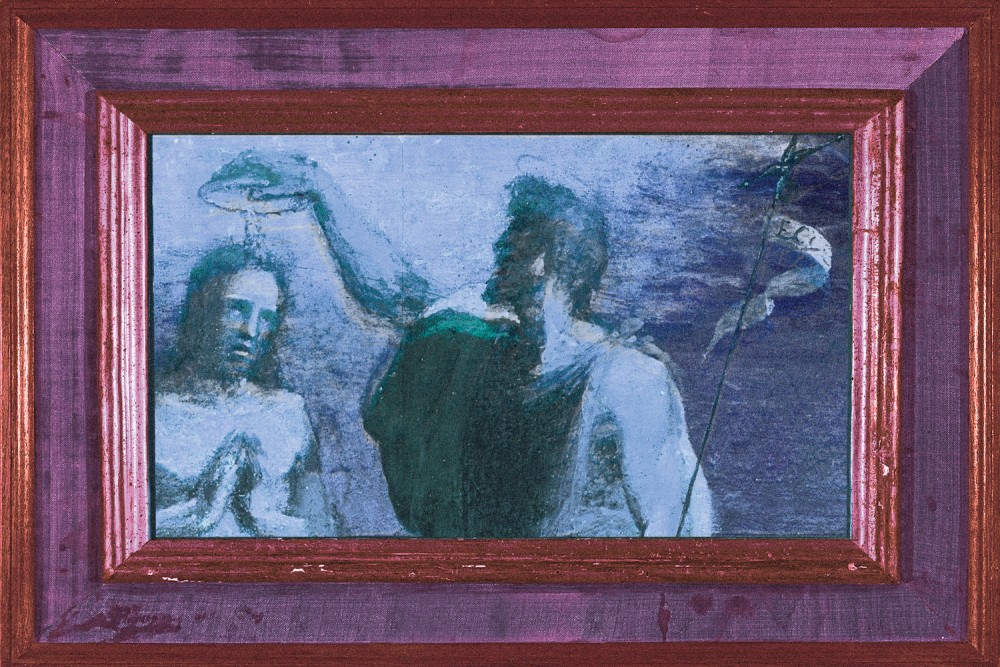Forerunners like John
Not everyone who makes a difference in the world gets the credit—or seeks it.

From Domenico Beccafumi’s The Baptism of Christ (1528)
The 2024 Netflix drama Joy tells the story of Jean Purdy, a British nurse and embryologist, who in 1968 comes to interview with the physiologist Robert Edwards at his lab in Cambridge. Edwards wants to transform the condition of infertility by inserting an egg fertilized outside the body. Collaborating with obstetrician Patrick Steptoe, Edwards begins a ten-year journey toward this ambitious goal. He faces opposition from the medical research community. Meanwhile Purdy’s increasingly vital role leads to strained relationships with her mother, her rector, and her church, who believe her work is morally wrong. Finally in 1978 the first in vitro baby, Louise Brown, is born.
The story is made more poignant as alongside it we behold Purdy’s own experience of endometriosis; Steptoe tells her she cannot bear a child. Eleven years after her key role in this world-changing breakthrough, Purdy dies of melanoma at age 39. In 2011 the Nobel committee recognizes these three medical pioneers but awards the prize to Edwards alone, since it can only go to a living person.
We may think of Purdy as a modern-day John the Baptist: vital, yet often omitted from the story. John is integral to the gospel narrative yet largely adjacent to Jesus. He says, “Prepare the way.” Jean Purdy prepared the way.




